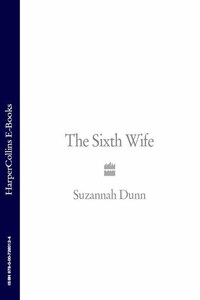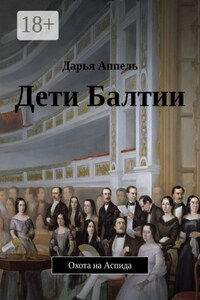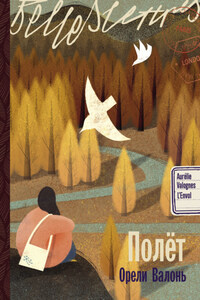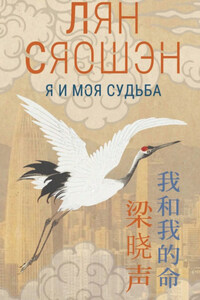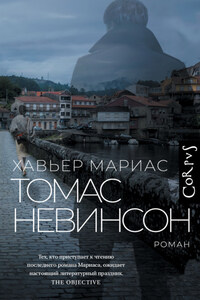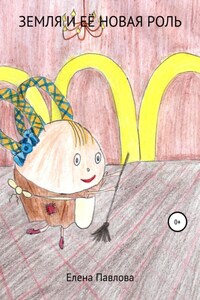I won’t testify. They’ll get no help from me. Not that they need it, the trial being a formality. It’s over already for him. No need for this investigation, the intimidation and confessions. And anyway they should have left him to it, saved themselves the bother. He’d have ended up doing the job for them. He’d have got nowhere, in the end. Got away with nothing.
It seems they have little better to do, though, than rubbish the memory of a good woman who’s barely cold in the ground. That’s what’s happening: it’s making her look bad, what they’re digging up on her widower. Making her look as if she was beguiled and hapless.
Kate?
Listen: she’d dealt with it; it was all dealt with. She’d dealt with Thomas and the mess he’d made. She’d saved everybody’s skin.
One mistake: that was all Thomas was in her life. Could just as easily not have been a fatal one, that mistake; just the turn of events made it fatal.
I won’t testify, and if they come for anyone in my household, they’ll have me to reckon with.
Which they know.
Which is why they haven’t.
I’ll tell you something about Kate; I’ll tell you what it was about her. She always made everything all right. That’s what she did. That was Kate.
And now she’s gone. And now look.
I didn’t go to her funeral. I arranged it, the day she died, that long, long day of her death. Then, when the next day came around as suddenly as a drawn curtain, I didn’t go. I couldn’t watch her lowered into that vault.
You could say that I didn’t need to go; you could look at it that way. I’d made the arrangements, I already knew that funeral from first moment to last. I’d dressed the chapel, lain drapes over the altar rails and then supervised the men struggling with the black, embroidered hangings. I’d planned the procession, right down to the servants at the rear. Well, someone had to do it. I’d selected the four knights to walk hooded with the pallbearers, and the two torchbearers to walk with them. Then would come Jane, tiny ten-year-old Jane Grey, chief mourner, and I’d coached her maid how to carry her train, forewarned her of steps and loose slabs. The psalms and the sermon: Reverend Coverdale had gone through everything with me.
I’d dressed Kate for her burial, chosen the dress, a dress that I’d loved on her: holly red, running with gold stitching. Kate had colourless eyes like a dawn sky, but she had sunrise hair and I turned it loose for her burial as if she were a girl again.
While the funeral was taking place, I stayed with the baby. I couldn’t believe she was our compensation for Kate. Such an unequal exchange. She was like something skinned; she was nothing like my boys had been, born big and with frank, focused gazes. But, then, they were boys: from their first moments, the world was theirs for the taking. The baby was unsettled, so I walked with her. With everyone at the chapel, the house was deserted and I’d never been so alone. It might have been that everyone had died. Everyone in the world, even, so that I could have walked from the house and kept walking but never found anyone again. Just kept walking until I, too, died. From starvation or exhaustion or perhaps sheer loneliness – can you die from loneliness?
I was bone-tired when the baby finally gave in to sleep, so I sat down where I was, nowhere in particular, on a carpet-draped chest in a hallway, my back uncomfortable against the linenfold. Suddenly a nearby door was opening.Who on earth wouldn’t be at the funeral? But then I knew. There was indeed one person in the household who wouldn’t be there. The one person I didn’t want to see. I should have thought of that. Of him. And so there we were, facing each other. My heart was furious, each beat nipping hard. His beauty rankled; he’d always been everything that Kate wasn’t, and never more so than today. It was an affront, that bright beauty, on this darkest of days. I wanted to strike it from him.
A frown snatched at his eyes. I knew what he meant: didn’t I want to be in chapel?
I said, ‘Someone has to look after this baby.’
